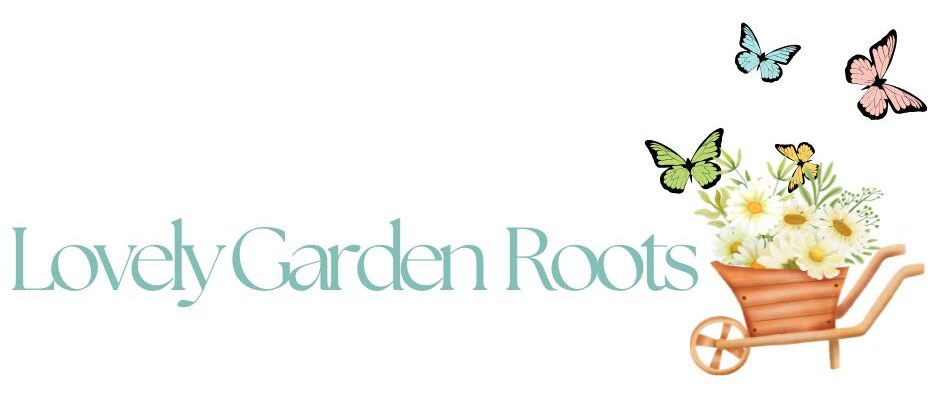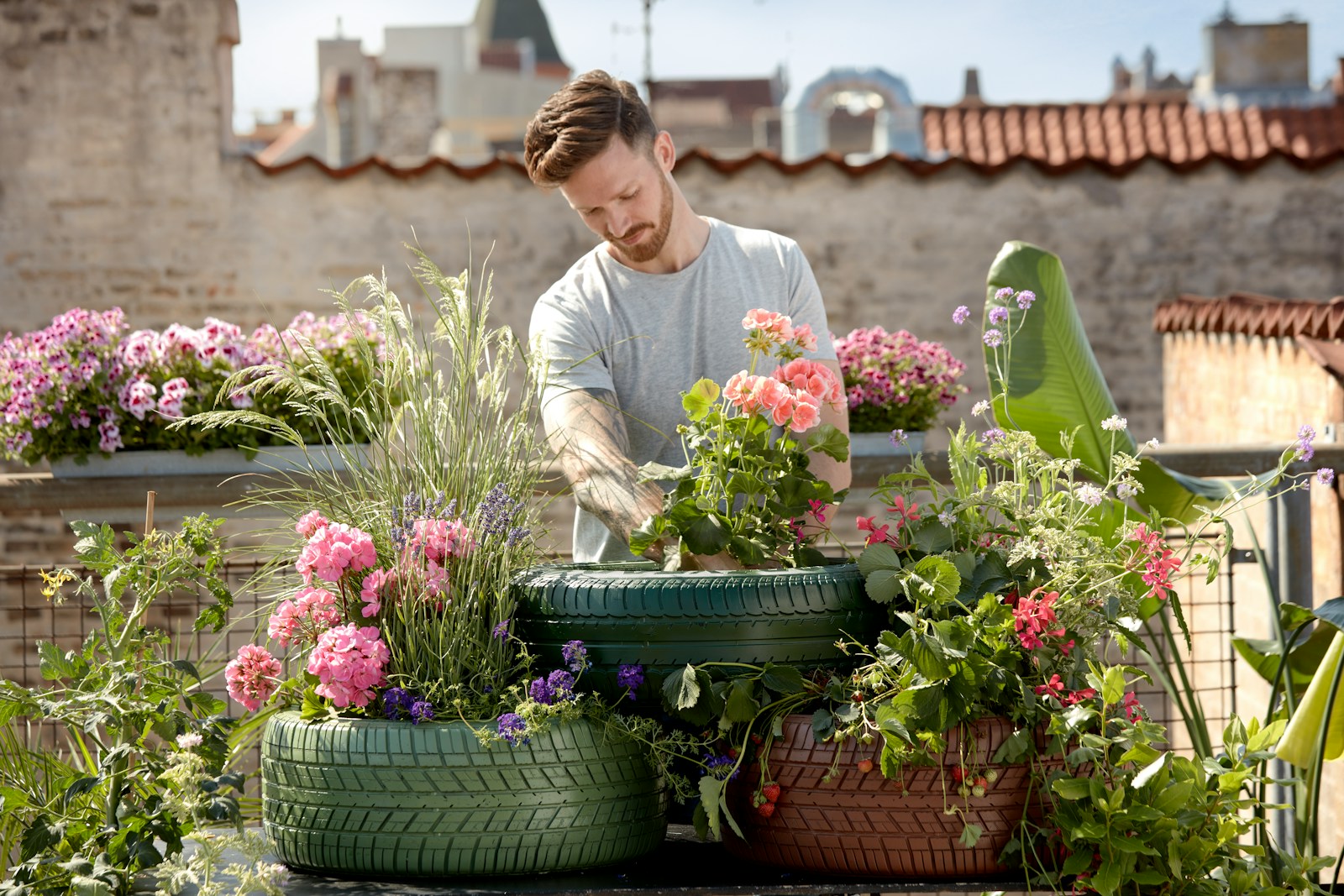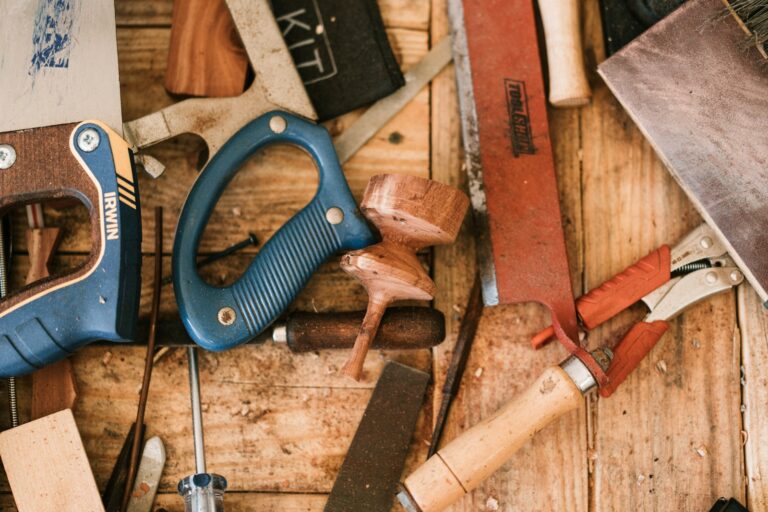The Only 5 Tools Beginners Actually Need Everything Else Is Optional for Quick Success!
Jumping into a new hobby or project can feel like a lot, especially when you see endless lists of gear people say you need. If you’ve ever felt stuck because you don’t know what’s actually necessary, you’re not alone.
Most of us just want to get started without breaking the bank or filling our closets with stuff we’ll never use. The truth is, you really only need five basic tools to get going. Everything else can wait.
Let’s break down those essentials so you can dive in with confidence and skip the overwhelm.
Makita Brushless Impact Driver Drill
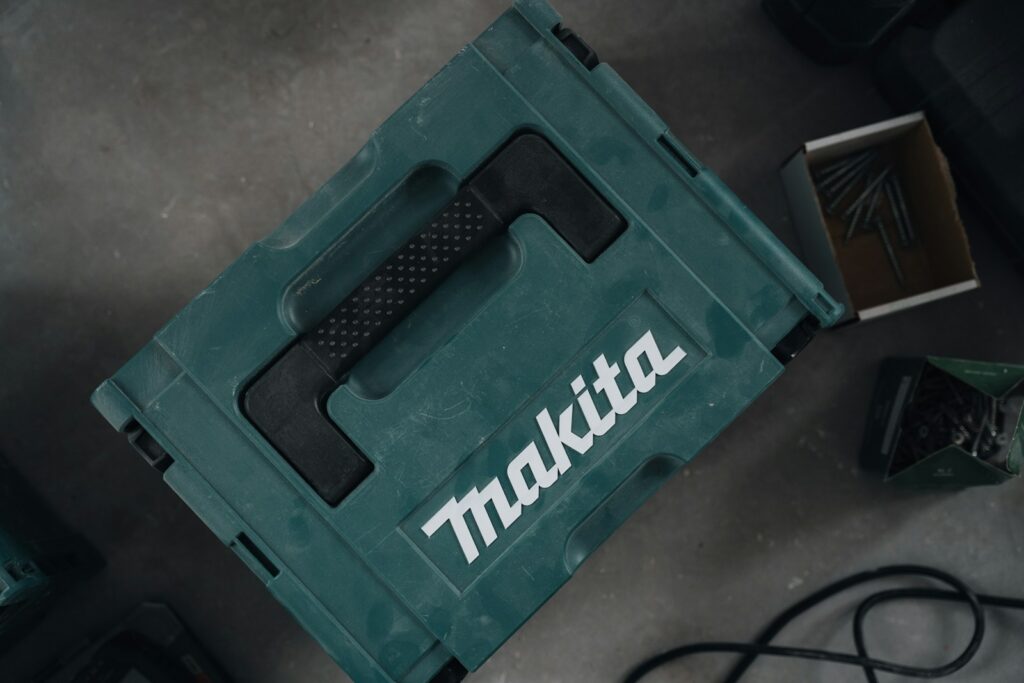
If you’re starting out, a Makita Brushless Impact Driver Drill is a smart pick. It packs plenty of power but is light enough to handle comfortably.
The brushless motor means it runs cool and lasts longer, saving you money in the long run. You can switch between speed settings for small fixes or bigger projects.
Batteries charge quickly, often in about 30 minutes. That means less downtime and more time getting things done.
It’s a handy tool that will keep up with you as your skills grow.
Claw Hammer
A claw hammer is one of those tools you’ll reach for again and again. It’s not just about hammering in nails, the curved claw helps you pull them out with ease.
Look for a hammer with a grip that feels good in your hand. The right weight and handle make a big difference, especially when you’re working for longer stretches.
You’ll find different styles and materials, so try a few if you can. Picking a hammer that feels right makes projects smoother and more enjoyable.
Tape Measure
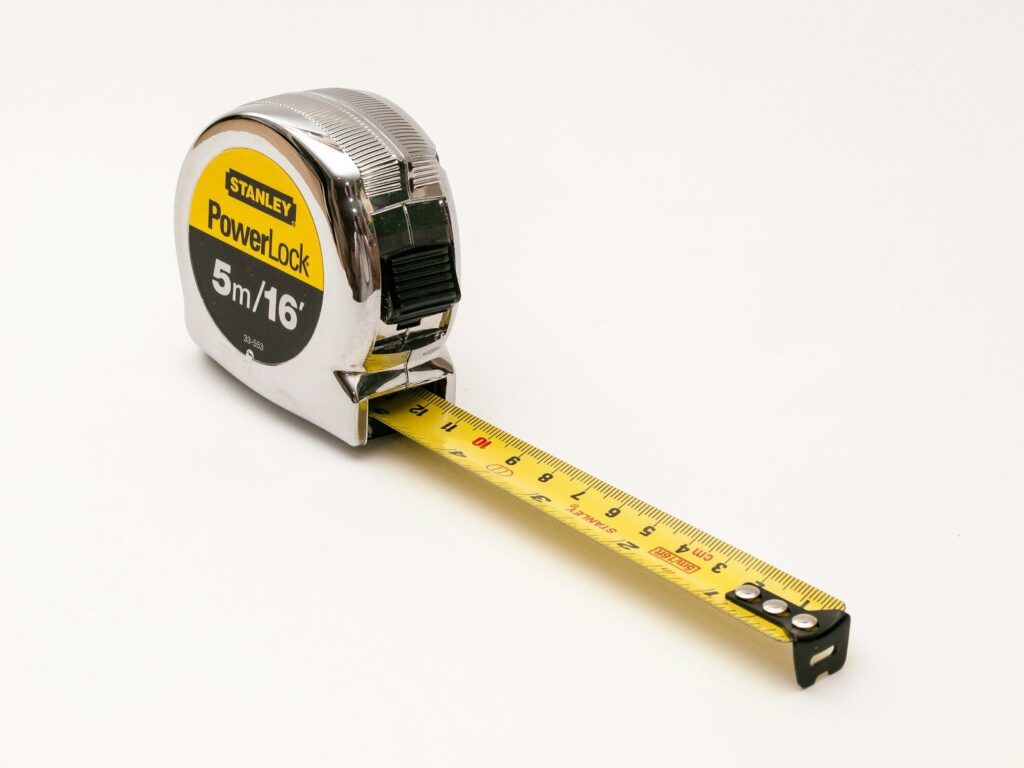
A tape measure is the secret weapon for getting things right the first time. Whether you’re hanging shelves or building something new, it helps you skip the guesswork.
It’s more than just measuring length. You can use it to find angles and even check for wall studs.
Choose one that’s easy to hold and read. A sturdy steel tape is a good bet for most jobs.
Once you get the hang of it, you’ll wonder how you managed without one.
Adjustable Wrench
An adjustable wrench is a space-saver and a problem-solver. Instead of a pile of wrenches, you just need one that adapts to different sizes.
It’s great for tightening bolts or fixing plumbing. You can quickly adjust the jaw to fit whatever you’re working on.
Sometimes, it’s a bit bulky for tight spots, but its flexibility makes up for that. Look for one with a sturdy build and a comfortable handle.
This tool will stick with you through all kinds of projects.
Set of Screwdrivers
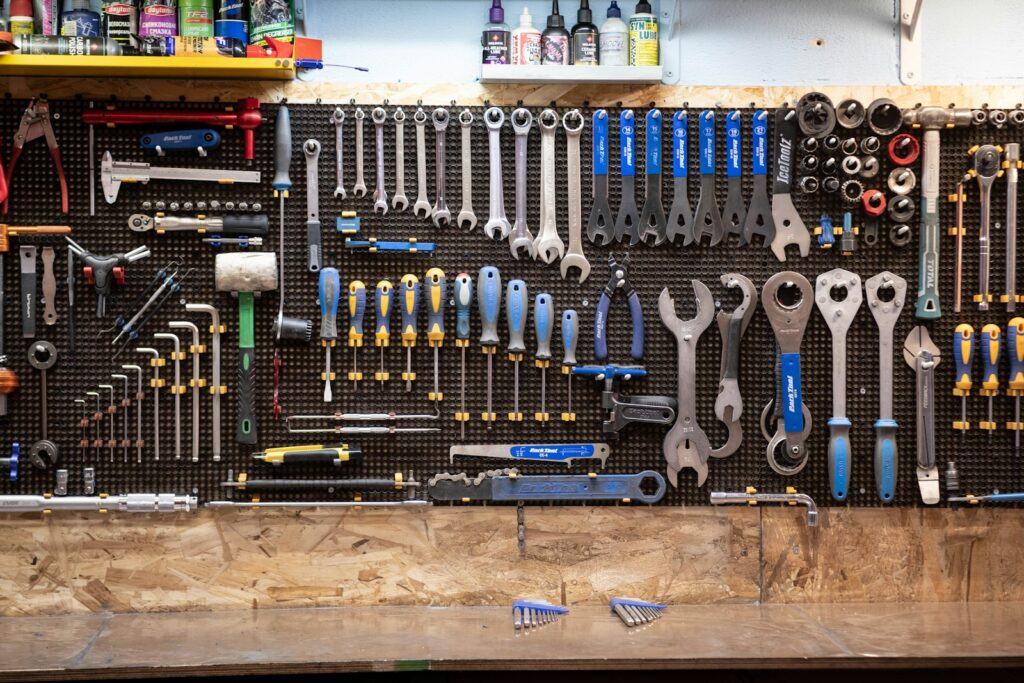
A solid set of screwdrivers will handle most jobs around the house. You don’t need a giant set, just a few sizes will do.
Pick up a couple of Phillips head and flathead screwdrivers. These will cover everything from furniture assembly to tightening loose handles.
Comfortable grips make a difference, especially if you’re working for a while. Some sets come with interchangeable bits stored in the handle, so you don’t lose them.
With just a handful, you’ll be ready for almost any small fix.
Utility Knife
A utility knife comes in handy more often than you’d expect. It slices through cardboard, carpet, and plastic with ease.
The best part is the replaceable blades, so you always have a sharp edge ready to go. Some even have extras like bottle openers or belt clips.
Lightweight and easy to hold, it’s a go-to for quick cuts and little projects. Once you have one, you’ll find yourself reaching for it all the time.
Cordless Drill
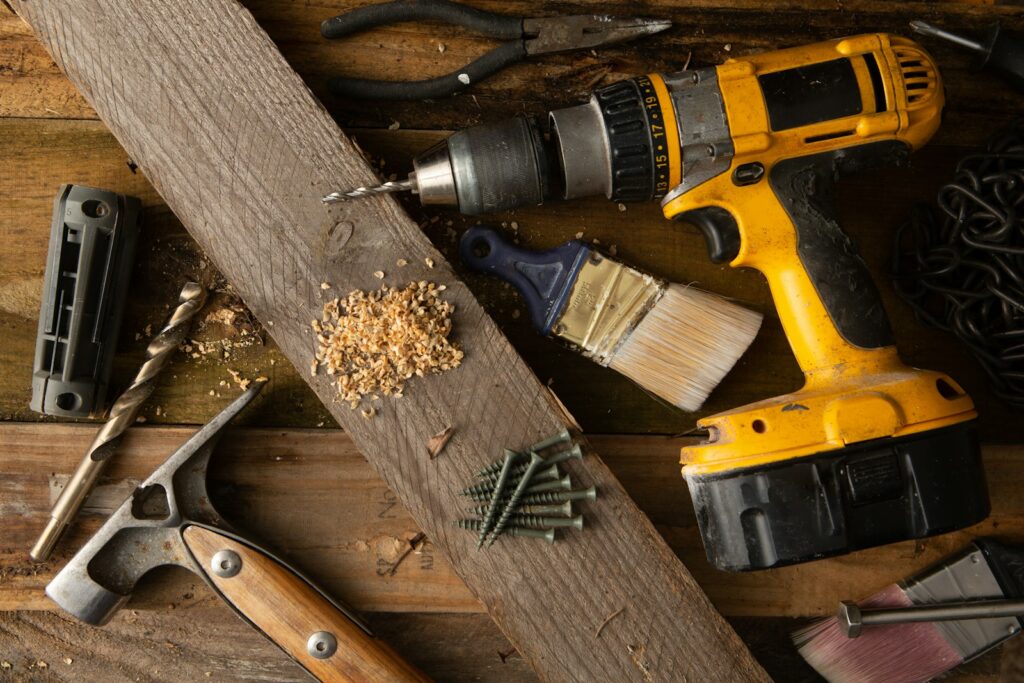
A cordless drill makes life so much easier for beginners. No cords to wrestle with and plenty of power for everyday jobs.
Lightweight models are easy to handle and come with rechargeable batteries that last through most projects. You don’t need anything fancy to start.
Look for a drill that feels good in your hand. Even basic models will help you tackle tasks like hanging shelves or assembling furniture.
This tool quickly becomes a favorite once you see how much you can do with it.
Pliers
Pliers are a must for gripping, twisting, and cutting. You don’t need a huge collection, just one or two pairs will cover most needs.
Channel locks or groove joint pliers are versatile and work for a lot of tasks. Needle-nose pliers help with tight spaces, while wire cutters make quick work of snipping.
Go for durable pliers that feel sturdy. They’ll last through years of projects and make you feel ready for anything.
Handsaw
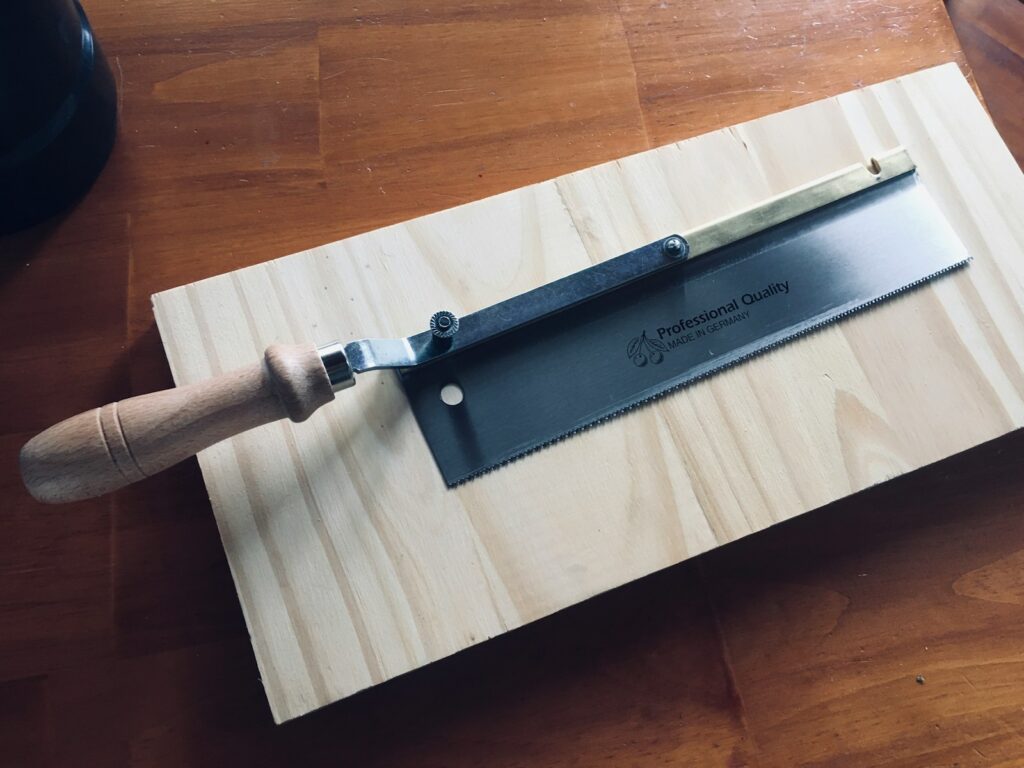
A handsaw gives you control and precision for cutting wood. It’s a great way to learn the basics before moving on to power tools.
There are different types for different cuts, so pick one that matches your projects. Practice makes perfect, start slow and focus on steady cuts.
Using a handsaw is a skill that pays off, and it’s a tool you’ll use for years to come.
Why Less Is More: The Power Of Starting Simple
Having just a few tools keeps things manageable and your workspace clutter-free. You save money and learn each tool’s ins and outs, which builds your confidence.
Overcoming Beginner Overwhelm

Facing a wall of tools at the store can leave anyone feeling lost. If you try to buy everything at once, it’s easy to waste money and end up more confused.
Start simple and get comfortable with the basics. You’ll avoid frustration and actually enjoy learning as you go.
Focusing On The Essentials
You only need a handful of tools for most home projects. Buy quality basics that can handle different jobs.
As you get more experience, you can add new tools when you’re ready. For now, these essentials will get you through almost any beginner project.
How To Maximize Your Results Using Just Five Tools
You can accomplish a lot with just five reliable tools. Focus on learning how to use them well instead of chasing every new gadget.
Building Confidence And Skill Fast

Take time to master your core tools. Break projects into smaller steps and celebrate your progress.
Use your tools regularly, even for small fixes, to keep your skills sharp. Simple habits like setting reminders or using timers can help you stay on track.
The more you use these basics, the faster you’ll build confidence and see real results.
Avoiding Common Mistakes With Extra Gear
Buying new gadgets or apps can feel exciting, especially when they promise big improvements. The truth is that most of these extras add little value and can slow you down.
More tools mean more things to learn and manage. That can quickly become overwhelming and eat into your time.
Stick to what you know best. Adding extra gear often leads to split attention and confusion.
Focus on making your existing tools work better for you. This keeps your workflow smooth and manageable.
When you feel tempted to try something new, ask yourself if it will truly help you finish tasks faster. If not, it might be better to skip it.
Simplicity and focus are especially important when you’re just starting out. Avoid cluttering your setup with things that don’t fit your style or goals.
